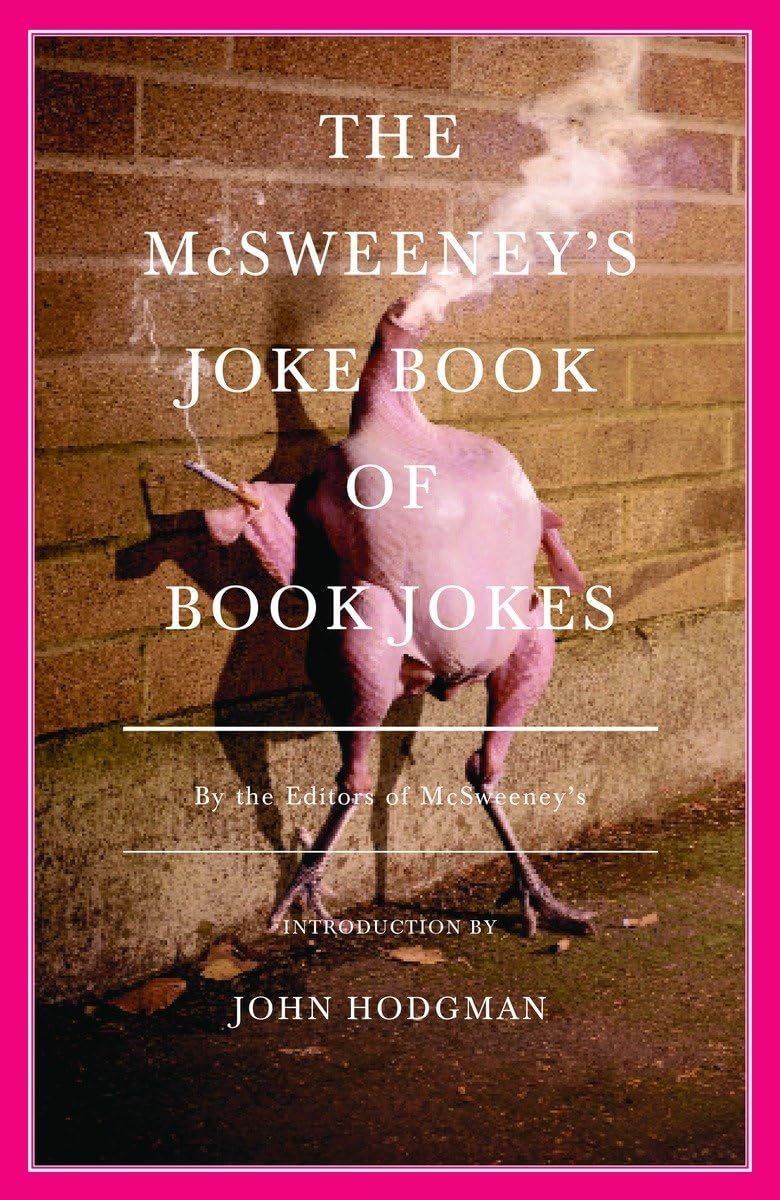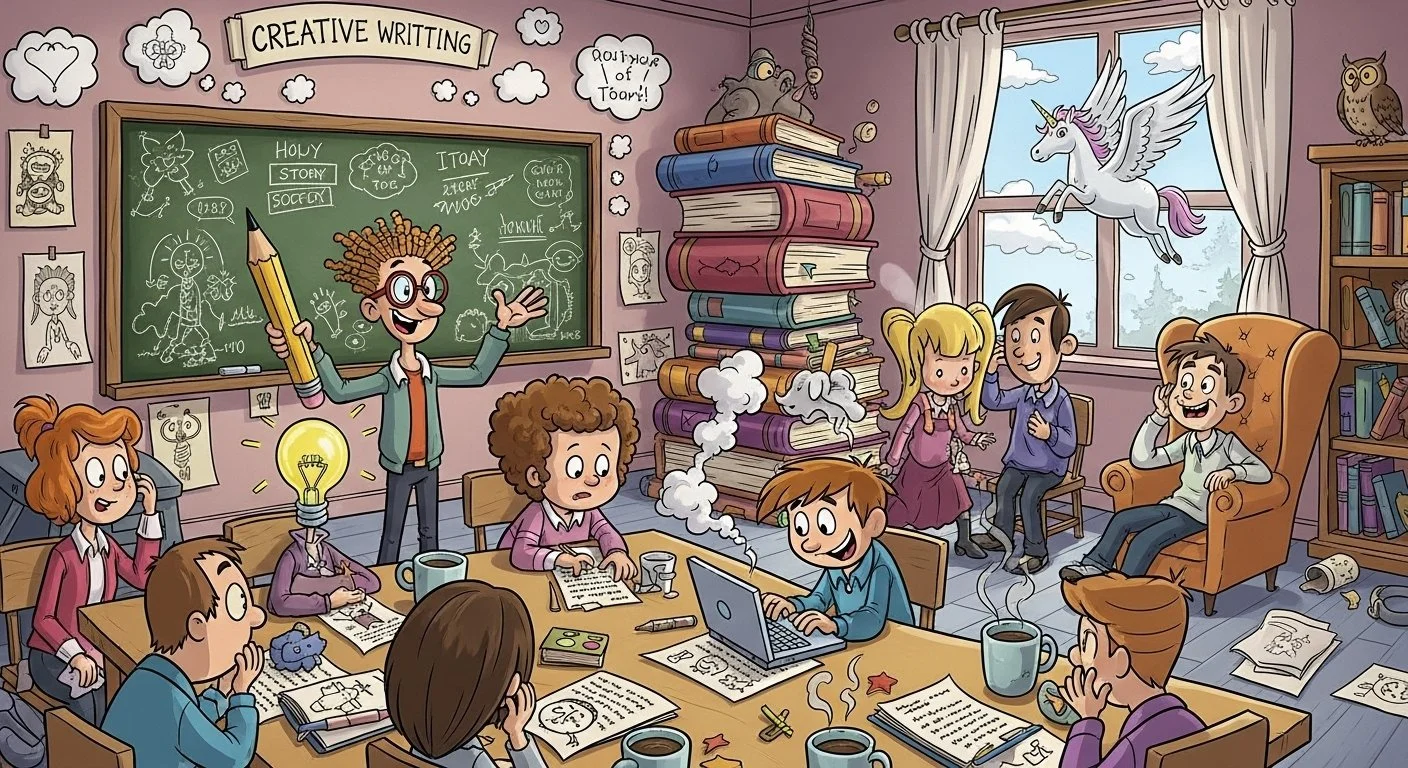This is a great book for dipping into at random, and can work in two ways. One would be for sheer pleasure. The other would be to check your knowledge of the allusions. And, of course, knowing them is likely to elicit even more pleasure.
Read MoreReview: The Life of Crime
Like all the best books, this can be read chronologically or dipped into.
Read MoreCreated in Google Imagefx
My Writing course
I haven’t finished preparing the new course yet, but here are a few things I’m considering…
Read MoreReview: Things Seen, by Annie Ernaux
At times beautiful, at times cynical, at times hard-hitting, Things Seen is an endearing and accurate portrayal of a modern city.
Read MoreReview: The Queen’s Atlas: Saxton’s Elizabethan Masterpiece -- two reviews in one!
I submitted my review of this book to Teach Secondary magazine, an educational magazine in the UK. The first review below is what the magazine published. The second one is what I actually wrote! In substantive terms there is little difference between the two, but you may find it interesting to see what the editor altered.
Read MoreReview: Tradecraft: Writers on John le Carré -- two reviews in one!
Review: Tradecraft: Writers on John le Carré -- two reviews in one!
Read MoreReview: Seven Brief Lessons on Physics: Anniversary Edition -- two reviews in one!
I submitted my review of this book to Teach Secondary magazine, an educational magazine in the UK. The first review below is what the magazine published. The second one is what I actually wrote!
Read MoreReview: How Yiddish changed America and how America changed Yiddish
I bought this book two or three years ago, and it has given me a huge amount of pleasure.
Read MoreReview: Vermeer: A Life Lost and Found -- Two reviews in one
I submitted my review of this book to Teach Secondary magazine, an educational magazine in the UK. The first review below is what the magazine published. The second one is what I actually wrote!
Read MoreReview: Exercises in Style Updated
Anyone interested in the craft of writing should read this book. It’s not a primer, or dictionary, or anything of that nature. But it does exactly what it says on the tin.
Read MoreHow to store clippings -- updated
How do you keep your clippings?MADness, or bludgeoning the reader or viewer with a lecture conveying the correct view
One of my favourite reads in my teens and 20s was MAD magazine. It was quite humorous, and took the rise out of just about everything, but in a gentle way, in contrast to the vituperative stuff that passes for satire these days.10 pound note, by Terry Freedman
Latest article in the Write! newsletter 14 October 2025
Freebies work!
Read MoreLatest article in the Write! newsletter (1 October 25)
Writing by numbers: An approach to memoir and other writingRead anywhere and everywhere. Photo by Pexels. CC0 licence.
Read a lot, read fast (Updated)
How to read a book a week.
Read MoreThe benefits of a massive clearout #4
Here at Freedman Towers a massive clearout has been underway for some time. I thought I'd share my thoughts on why this has proven to be a very useful exercise.
Read MoreThe benefits of a massive clearout #3
Here at Freedman Towers a massive clearout has been underway for some time. I thought I'd share my thoughts on why this has proven to be a very useful exercise.
Read MoreReview: The Many Lives of Anne Frank
You could be forgiven for thinking that all that has been said, or needed to be said, about Anne Frank had already been said, given the number of books, articles and even a play that have been written about her. And yet in some ways she has never been more relevant.
Read Morefreelancing vs authoring part 1, v2, update 2
If, like me, you enjoy writing and you would like to earn money from it, should you go down the freelance writing route or write books, or both?From my experience, here are the pros and cons of freelancing.
Read MoreFreelancing vs authoring Part 2: Authoring (update v2)

If, like me, you enjoy writing and you would like to earn money from it, should you go down the freelance writing route or write books, or both?
Read More




